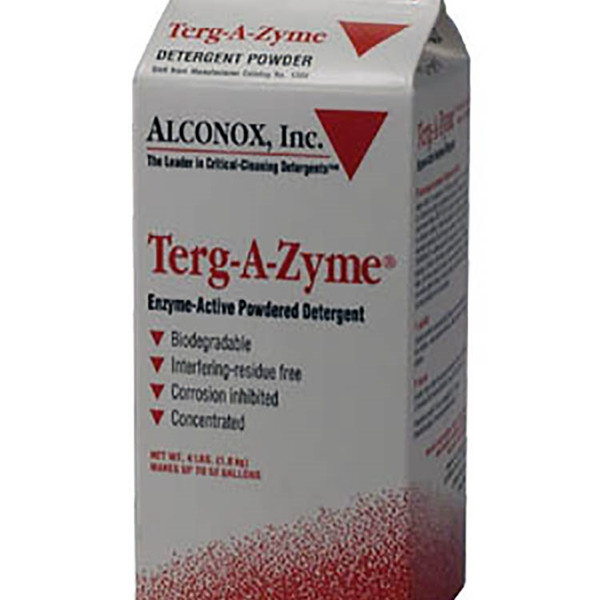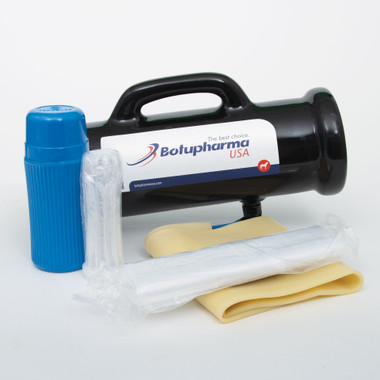Corrosion testing may be advisable.
Product Description
Concentrated to save you money
* Biodegradable and readily disposable
* Protease enzyme removes proteinaceous soils, tissue, blood and body fluids
* Free rinsing to give you reliable results and no interfering residues
* Use to pass your cleaning validation tests for lab accreditation and plant inspection approval
Used to clean: Hospital instruments, dairy equipment, laboratory ware, reverse osmosis and ultrafiltration membranes and units, sampling apparatus, pharmaceutical apparatus, cosmetics manufacturing equipment, tubing, pipes, optical parts, process equipment, industrial parts, desalination plants, tanks and reactors. Authorized by USDA for use in federally inspected meat and poultry plants. Passes inhibitory residue test for water analysis. FDA certified.
Used to remove: Soil, grit, grime, blood, tissue, grease, fats, oils, proteinaceous soils, dairy proteins, particulates, solvents and bioreactor residue.
Surfaces cleaned: Corrosion inhibited formulation recommended for glass, metal, stainless steel, porcelain, ceramic, plastic, rubber and fiberglass. Can be used on soft metals such as copper, aluminum, zinc and magnesium if rinsed promptly. Corrosion testing may be advisable.
Cleaning method: Soak, brush, sponge, cloth, ultrasonic, flow through clean-in place.
Will foam - not for spray or machine use.
Are you a veterinarian, dealer, or distributor?
Sign InHow to Purchase
How to Purchase
How to Purchase
How to Purchase
How to Purchase
Corrosion testing may be advisable.
Write a Review

AV and Glass Cleaner, Tergazyme Detergent
Loading results...






